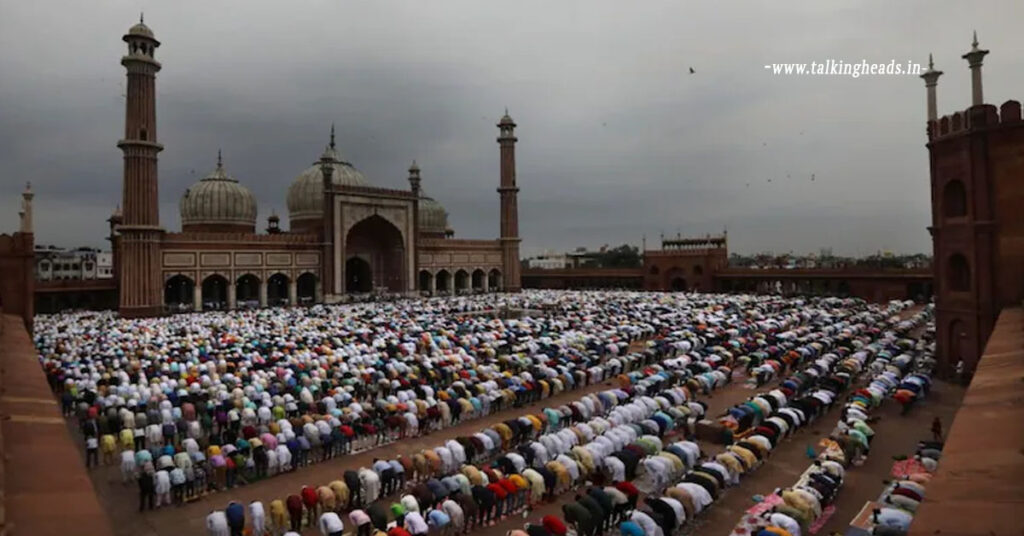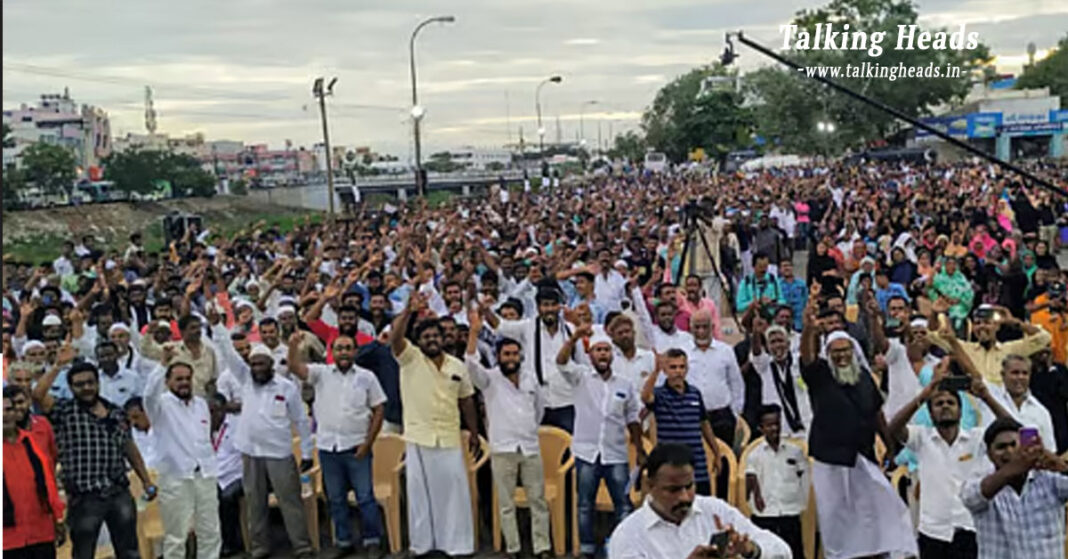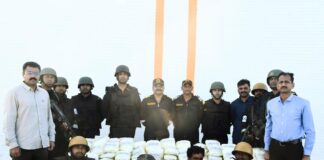Table of Contents
Govt Initiates Historic Muslim Caste Census Alongside National Headcount
In a groundbreaking move, India will, for the first time, conduct a caste-based census for its Muslim population alongside the national population census. This unprecedented decision is set to reveal detailed data on the socio-economic and educational status of backward Muslim communities, especially the Pasmanda segment, which has long remained underrepresented and marginalized.
BJP Pushes for Muslim Caste Census to Break Monolithic Vote Bank
The ruling Bharatiya Janata Party (BJP) has been advocating for caste-based enumeration within the Muslim community for years. The party argues that Muslim society is not homogeneous and that the existing political narrative ignores the internal caste distinctions—particularly those affecting Pasmanda Muslims, who make up an estimated 85% of the community but lack political and institutional representation.
With this census, the government aims to disrupt the traditional Muslim vote bank by recognizing internal diversity and offering marginalized subgroups a voice.
Caste Data to Reveal Stark Inequalities Among Indian Muslims

Until now, Muslims were counted as a single religious group in the national census. The inclusion of caste-based data will mark a fundamental shift in understanding the community’s internal dynamics. Accurate figures will expose disparities among various Muslim castes, shedding light on issues of social injustice, economic deprivation, and educational backwardness.
Experts believe that these revelations could reshape how political parties approach Muslim voters in future elections.
Cabinet Greenlights Caste Census: Political Landscape Set for a Shake-Up
The Union Cabinet recently approved the decision to conduct a caste census alongside the national population count. This landmark step could have far-reaching implications for the country’s political fabric.
Historically, demands for caste-based enumeration have centered around the Other Backward Classes (OBCs). By including Muslim castes, the government signals a strategic shift that could redefine minority politics in India.
Pasmanda Muslims Could Finally Gain Political Representation
Although Pasmanda Muslims form the majority within the community, they have traditionally been left out of both social and political spheres. Their absence is stark even in key Muslim institutions like the All India Muslim Personal Law Board, where no Pasmanda representative is currently present.
Accurate census data could strengthen calls for proportionate political representation and help address long-standing grievances of exclusion.
Assam’s Model: A Blueprint for National Implementation
Assam provides a case study of how caste enumeration can influence policy. Last year, Chief Minister Himanta Biswa Sarma initiated a caste census for Muslims in the state. Based on the findings, the indigenous Muslim communities in Assam were granted Scheduled Tribe (ST) status, unlocking access to affirmative action benefits.
This success has emboldened the central government to replicate the model nationwide.
Pasmanda Representation Included in Amended Waqf Laws
In addition to the caste census, the Modi government recently passed amendments to the Waqf Act to ensure representation of Pasmanda Muslims on Waqf Boards. The new law mandates that two members from the Pasmanda community must be included in each state Waqf Board.
Out of the 32 Waqf Boards currently operating in the country, none have had Pasmanda representation until now.
A Bold Step Toward Inclusive Governance
The move to conduct a caste-based census for Muslims marks a pivotal moment in India’s social and political history. By recognizing the complex internal structure of the Muslim community, the government aims to initiate more inclusive policymaking and dismantle entrenched vote-bank politics. As the census progresses, its outcomes may reshape how India understands and engages with its largest minority population.










